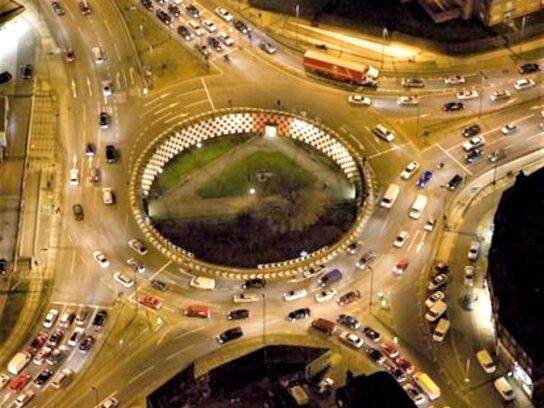
My wife and I just got back from a five-week trip to England, where we enjoyed a once-in-a-decade US-UK family reunion in a moated mansion, a week in a cottage in the Cotswolds, a week in the amazing walled city of Chester, excavations in Sherwood Forest, and toured London’s Ted Lasso-esque Richmond neighborhood.
What travel tips did you get?
Firstly, Brits are rapidly moving towards a cashless society – we each brought hundreds of dollars in British currency with us to the UK but barely used it – so we recommend a touchless “tap to pay” credit card, preferably Visa, MasterCard or AMEX, which can now be used in person on the London Underground and many other places.
Tap-to-pay cards could be used for train tickets, taxis, hotels, snacks, and even the country church donation box — very few sellers asked for a signature. Of course, this meant that you had to carefully protect your precious cards from theft with a waist money belt or neck wallet.
Secondly, there is good news and bad news about the UK’s rail and subway systems. The good news is that they are huge. British Rail has 2,576 stations in its small country, while Amtrak, which covers a vast territory, has only 510. The London Underground (Tube) and London Overground have 272 + 81 = 353 stations, while the Washington DC subway has only 98 stations.
However, there are five things to be aware of: A. Rail fares have increased so much that for couples it may be cheaper and less hassle with luggage to take a taxi from Heathrow or Gatwick to more rural destinations such as Oxford, Cambridge or Stratford-upon-Avon. Check the excellent site www.thetrainline.com for schedules and fares, and look into fixed-fare taxi sites such as www.pinkberrycars.com. B. British Rail management has refused to negotiate with unions, so strikes are often called on Saturdays during tourist season, and refusal to work overtime may affect schedules on other days. C. If you get off at a rural station, there may be only a limited number of carriages with doors that open. Yes, you could get trapped in your carriage. Ask staff well in advance. D. Management has cut staff at many smaller stations so you may not be able to ask these questions. E. Works on various tube lines may cause problems getting to important destinations such as Heathrow.
Third, UK postcodes are a lot more useful than we thought. Whereas US postcodes cover a wide area, UK postcodes narrow down a location to a single street, street segment, or even a single building (such as SW1A 1AA for Buckingham Palace). This makes it incredibly useful to have the postcode when using a GPS or smartphone, or getting directions to a taxi, especially since many places don’t have street numbers.
Fourth, automatic transmission rental cars are easier to come by than they were a few years ago, but they are usually around 10% more expensive than manual cars and should be booked well in advance. Just to be on the safe side, make sure you can drive a right-hand drive manual car.
Fifth, global warming in hotels is an issue. Despite the climate crisis and summer temperatures sometimes soaring from 90 to 104 degrees Fahrenheit, many UK hotels, hostels, Airbnbs etc still don’t have air conditioning. Make sure you double check beforehand. The Holiday Inn Express in Chester also had no air conditioning, only table fans and the windows could only be opened a few inches.
Sixth, expect crowds and queues at popular places. Revenge travel is a real thing, with people desperate to get out after two years of staying home due to COVID-19. The solution is to avoid famous tourist spots, buy your tickets in advance, and get to the airport well early. Also, consider the off-season months of September/October and April/May to avoid crowds, heat, and high prices.
Seventh, very few Brits or tourists visiting the UK are taking Covid-19 seriously. We had our sixth vaccination before going to the UK, we wore N-95 masks in museums, trains, tubes and other public places, and we rarely ate inside restaurants (they often had tables outdoors). We estimated that only 1 in 500 other people were wearing masks. But health officials are warning that rising case numbers mean mask-wearing is now recommended (but not required). See: https://www.independent.co.uk/news/uk/home-news/new-variant-covid-mask-rules-b2395154.html.
So, follow these tips and have a “great”, “great”, “great” or “amazing” clean and be absolutely “satisfied” as the Brits would say!
Photo by Lou Toulmin
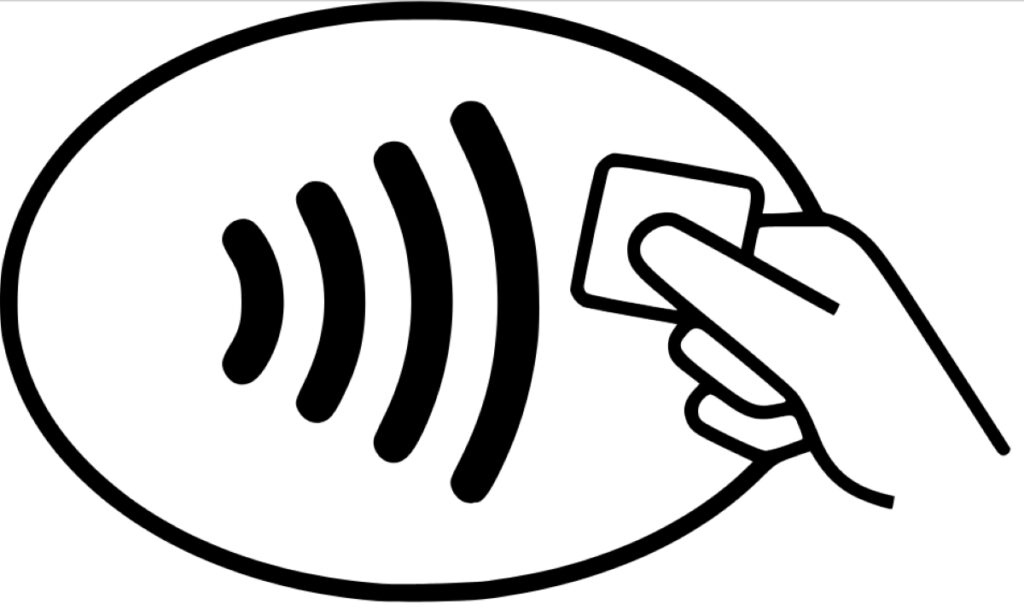
1. Make sure your credit card has the ‘tap to pay’ symbol, which allows you to buy almost anything in the UK. To learn about London Underground and Transport for London’s tap to pay credit cards, as well as other payment methods like Apple Pay, visit https://tfl.gov.uk/fares/how-to-pay-and-where-to-buy-tickets-and-oyster/pay-as-you-go/contactless-and-mobile-pay-as-you-go.
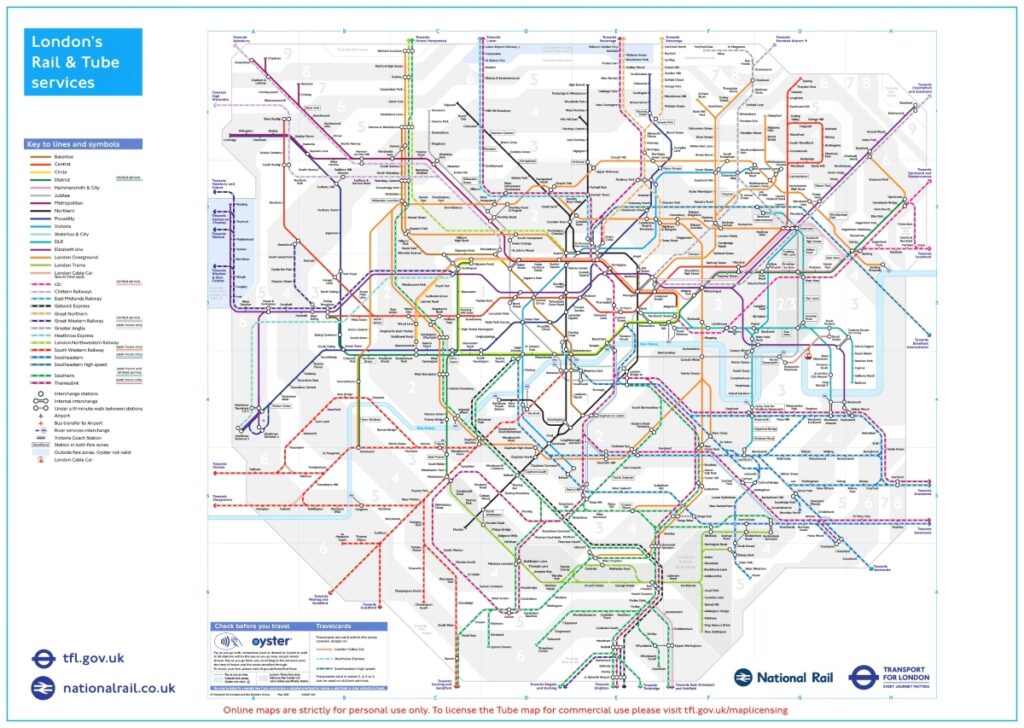
2. Official Transport for London (TFL) map showing many stations and connections on the London Underground, London Overground and British Rail in the London area. For more information, see https://tfl.gov.uk/. (The London Overground is a large system of short suburban and interurban rail lines that generally run above ground rather than underground.)
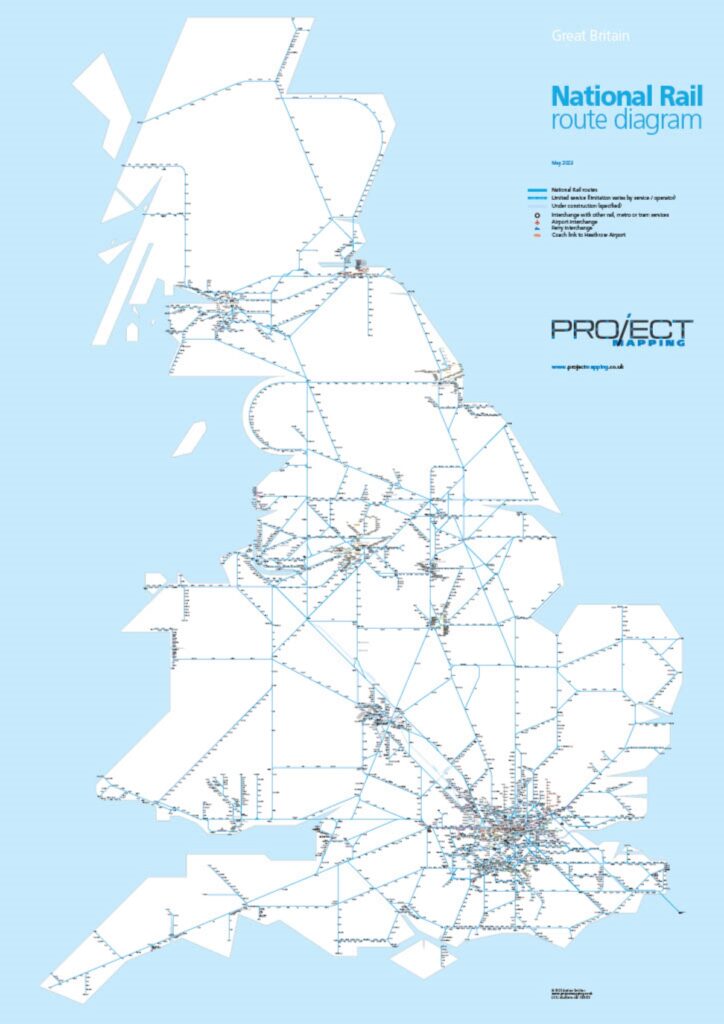
3. British Railways has more than 2,500 stations in an area the size of Oregon. Even many small towns and villages have their own train stations, despite still-muttering about cuts made in the 1960s.
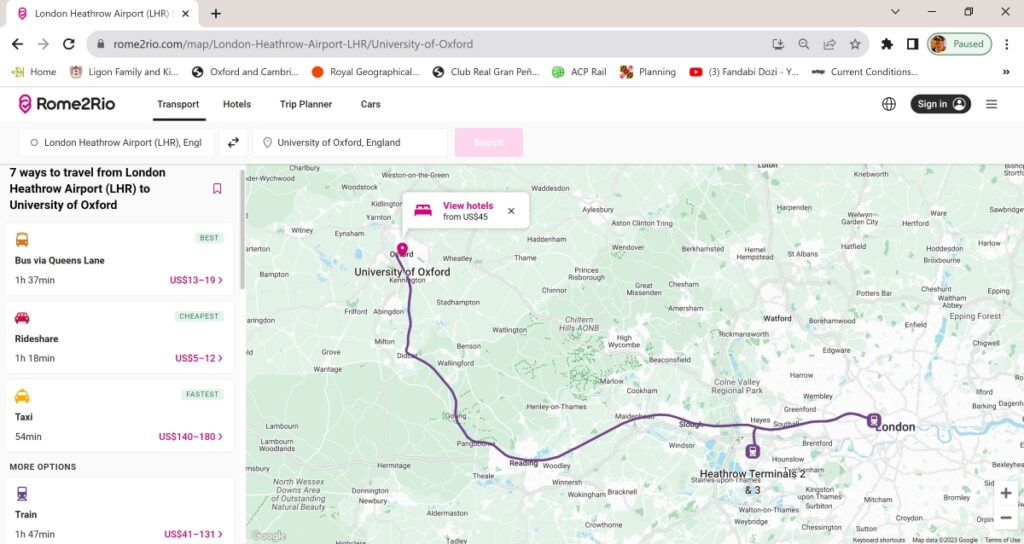
4. When planning a trip to the UK (or anywhere on the planet), try www.rome2rio.com, a really useful site that shows alternative ways of getting from point A to point B, including the cost and duration of each. This image shows a train journey from London Heathrow Airport to Oxford University, taking the Heathrow Express (or the new Elizabeth Line) to Paddington station in London, then a Great Western Railway to Oxford.
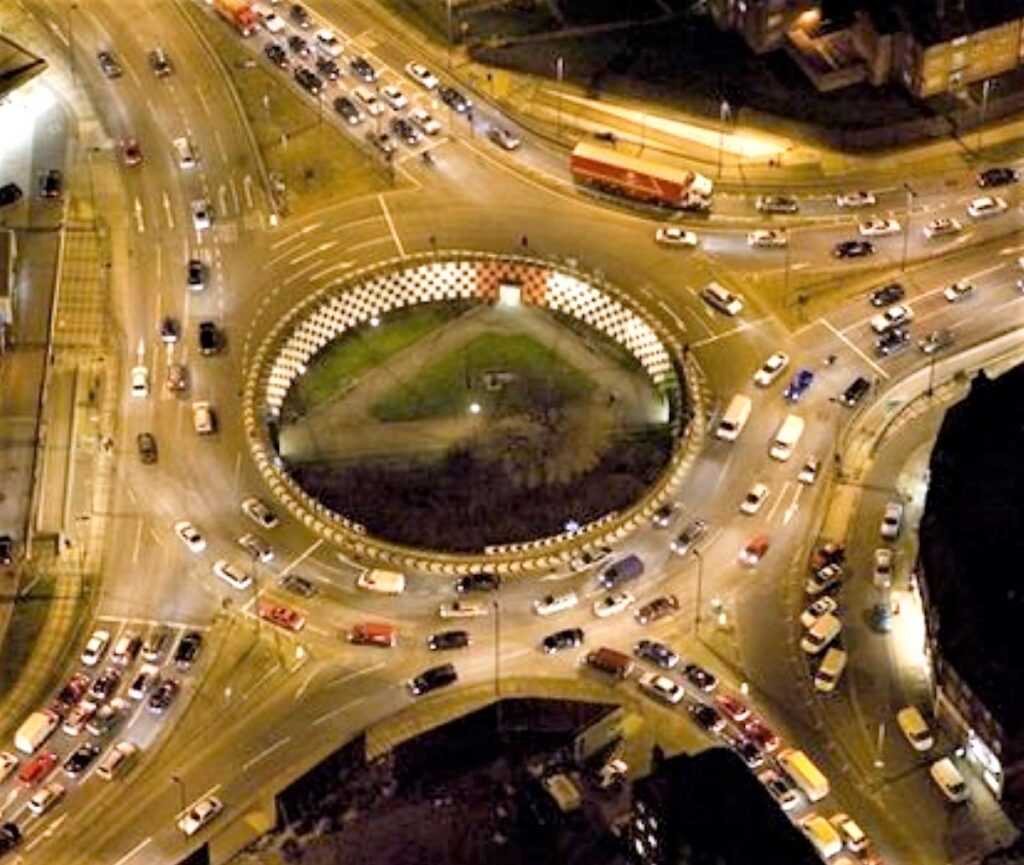
5. Busy British roundabouts. Even minor British highways (the equivalent of American interstates) are full of roundabouts. Also, many villages have tiny roundabouts that Americans might not notice. They’re just little circles painted in the middle of the intersection, so there are almost no traffic lights. Driving roundabouts with a manual stick shift can be fun and challenging, but also scary. But remember, as with American politics, the threat always comes from the right.
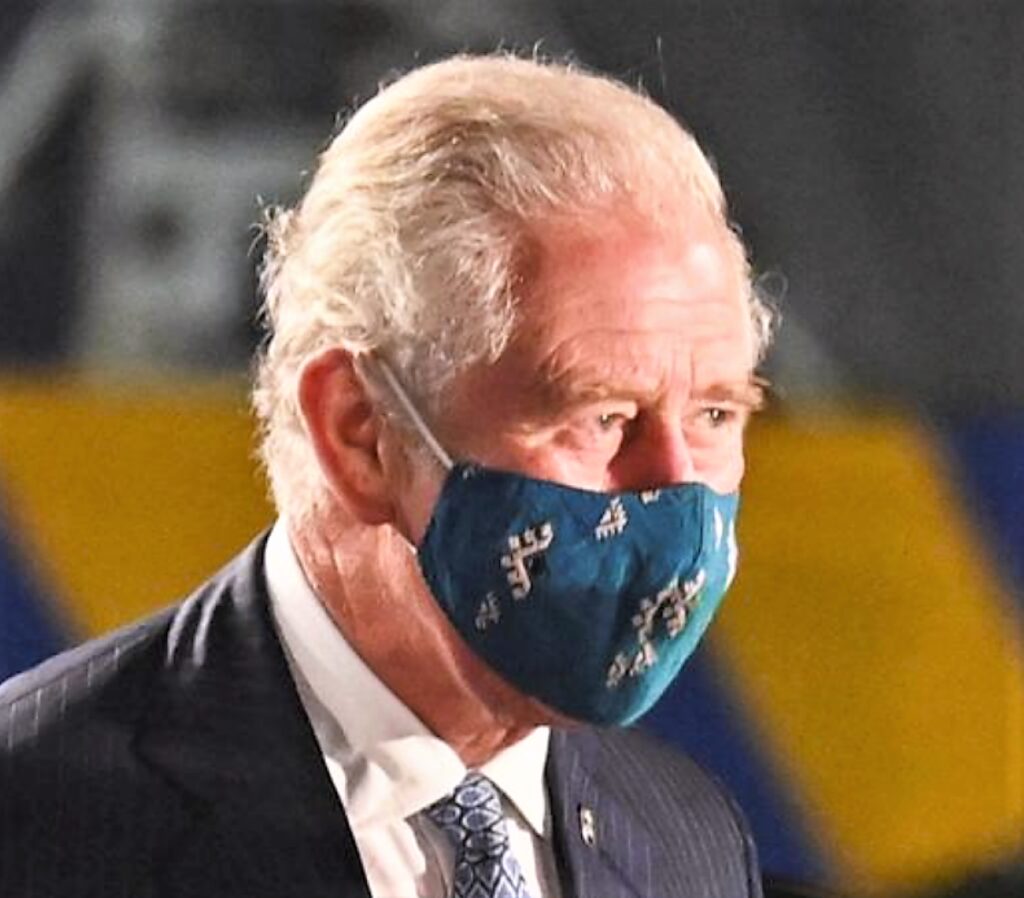
6. Prince Charles, the prince (now King) wearing a coronavirus mask. He has been infected with coronavirus twice, despite multiple vaccinations and intermittent mask-wearing due to his busy schedule and meeting many people. Neither time was severe. Not one to take fools for granted, he said, “Who would have thought that in the 21st century there would be such a large lobby against vaccination, given the track record of vaccines in eradicating many terrible diseases and their current potential to protect and liberate the most vulnerable in society from coronaviruses?”
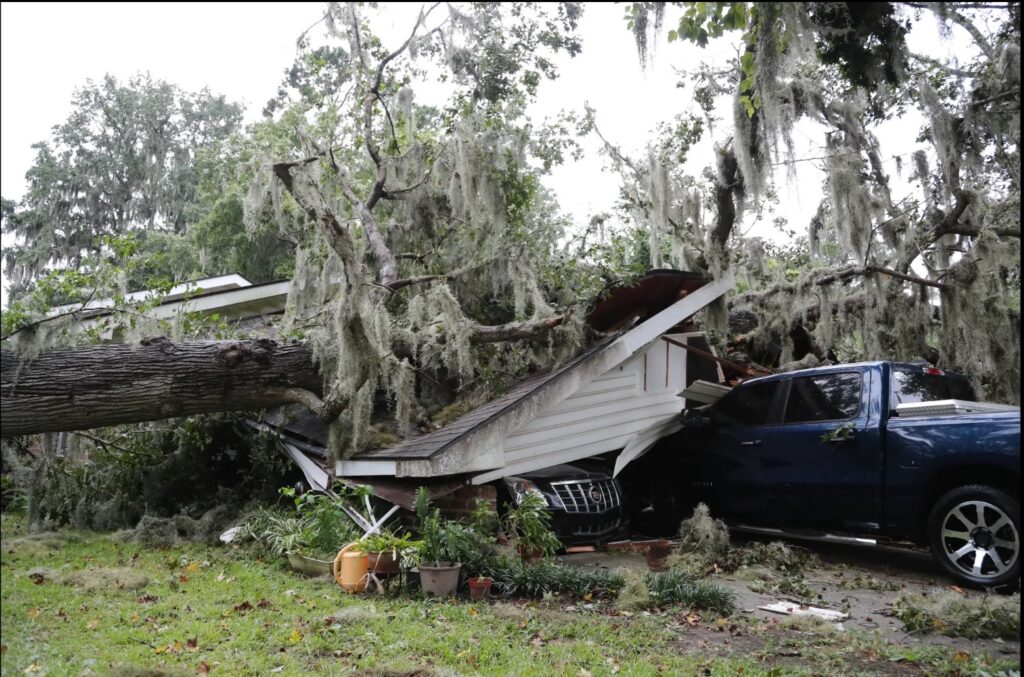
2023 Hurricane Idalia damage in Georgia.
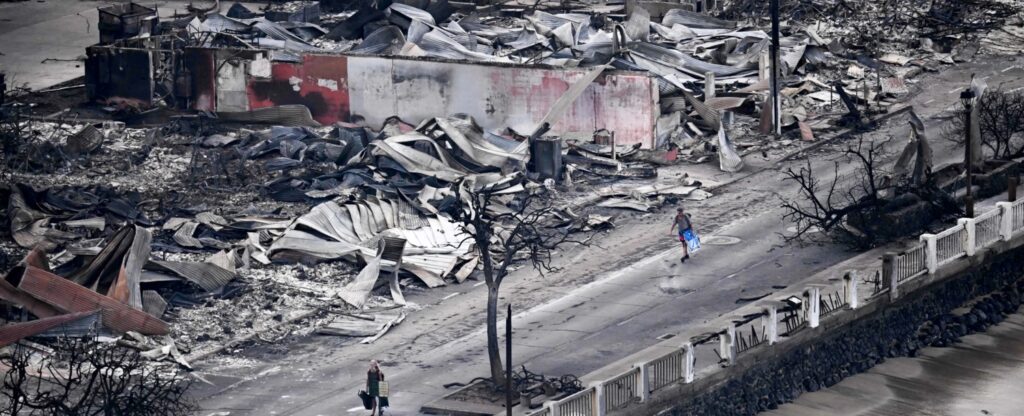
The devastating situation in the town of Lahaina, Maui, Hawaii, 2023.
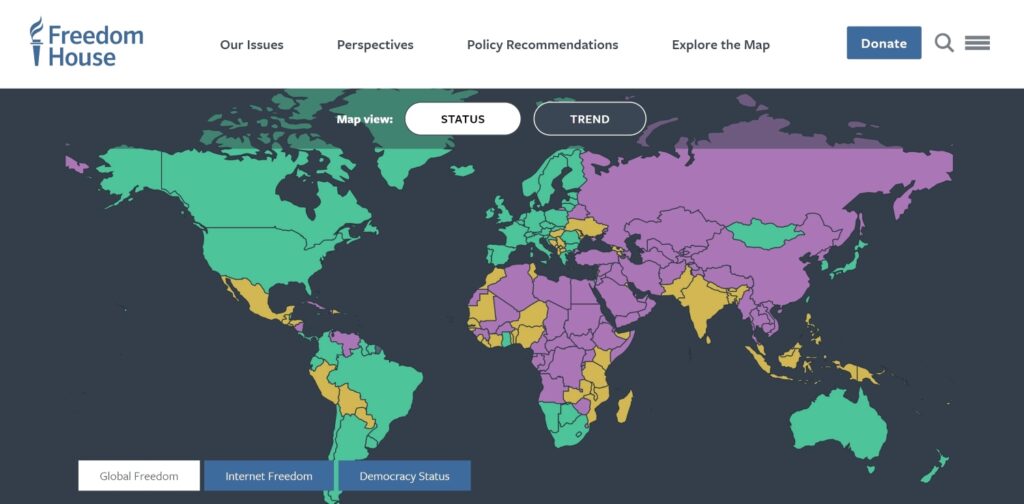
World map by Freedom House. It analyzes each country’s political freedom, including elections, minority oppression, and corruption. Countries in green are rated as free, in yellow as marginal, and in purple as unfree. Scores are as follows: India: 66/100, China: 9/100, Russia: 16/100, Norway, Sweden, and Finland all 100/100. The United States is ranked 83/100, the same as Romania and Panama, and worse than Mongolia (84/100), Canada (98/100), Uruguay (96/100), and Greece (86/100). Reference: https://freedomhouse.org/explore-the-map?type=fiw&year=2023



